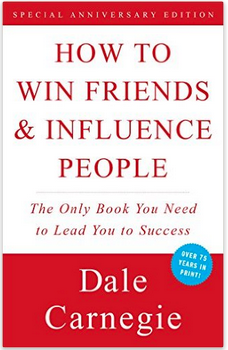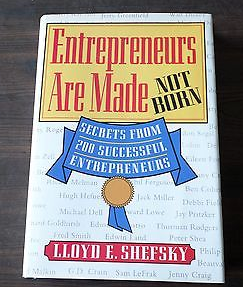Step 2: Blue Footed Booby Birds, ESS, and the 500 Year Old Mind
The Big Idea: Change is the basic law of nature in life, so be an adaptability machine. Read, learn, and expect occasional setbacks towards success. Change is the basic law of nature. The species that survives is the one that is best able to adapt to change. — Darwin Similarly, the most successful individuals and…


